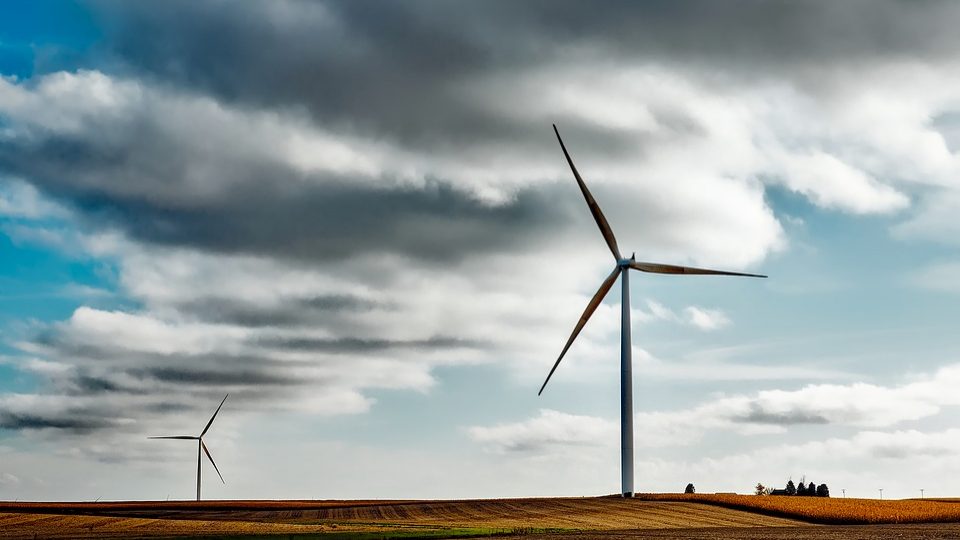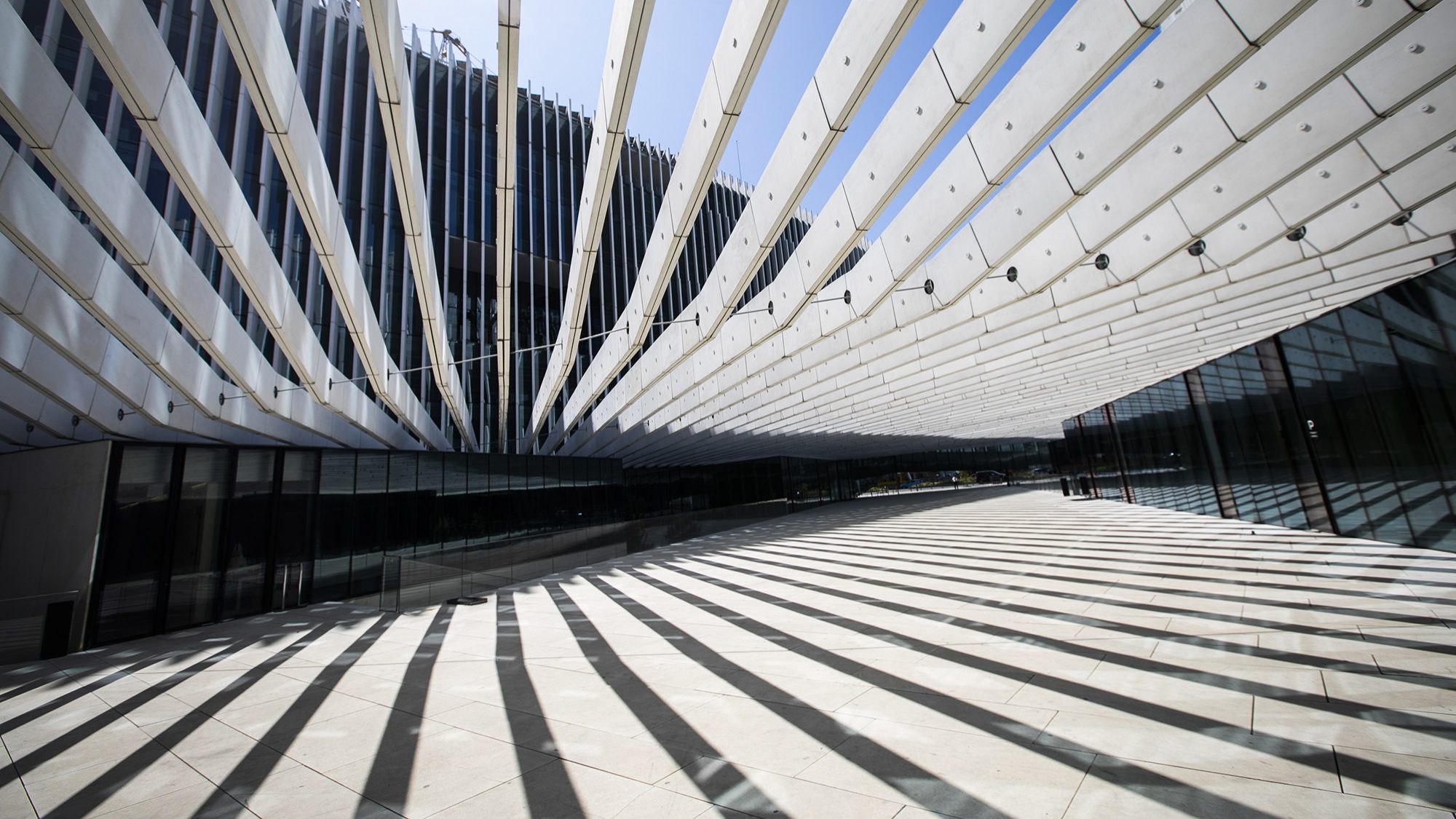Portugal restricts use of dams for electricity, irrigation to fight drought
The Portuguese government has decided on a set of measures to control the ongoing drought, namely to curb electricity generation in some dams.
Portugal’s government has restricted the use of several dams for electricity production and agricultural irrigation due to the drought, the minister of environment and climate action said on Tuesday.
Speaking at a joint press conference with the agriculture minister after a meeting of the drought monitoring commission, João Pedro Matos Fernandes said that, according to the Portuguese Institute of Sea and Atmosphere forecasts, there is “80% probability” that 2022 will be a dry year.
There is no expectation that it will rain enough in February to reverse the meteorological drought, but March or April could bring some change, although it is not possible to predict at this distance.
The agriculture minister , Maria do Céu Antunes, said that the government had contacted the European Commission to make “a reinforcement and simplification of advances” of support to farmers to cope with the situation.
Winter crops and pastures have been planted, but the lack of rain has disrupted them, requiring farmers to pay “increased costs” to keep them viable, she said.
For now, there are four dams whose water will only be used to produce electricity for about two hours a week, ensuring “minimum values for the maintenance of the system: Alto Lindoso and Touvedo, in Viana do Castelo district, Cabril (Castelo Branco) and Castelo de Bode (Santarém).
Water from the Bravura dam in the Western Algarve can no longer be used for irrigation.


